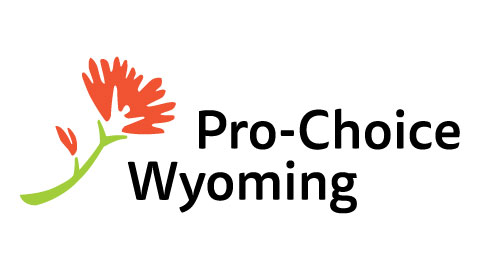Everyone should have access to quality health care and accurate medical information. However, refusal laws (sometimes called “conscience” laws) let some people refuse to provide care to patients.
These laws allow individuals and institutions to refuse to provide or pay for medical treatments they find objectionable—or even counsel or refer patients for those treatments.
This means doctors, hospitals, pharmacists, businesses, and insurance companies could withhold the health care you are seeking and refuse to provide complete information about your medical options.
These laws can affect a broad range of reproductive-health services, including:
- Contraception
- Treatment for survivors of sexual assault
- Sterilization
- STD and HIV testing
- Abortion care, including information and referrals
Refusal laws disproportionately affect low-income and rural women. Difficulty obtaining time off work, finding transportation, and making child care arrangements can increase the burden of seeking medical care. Women who live far from large cities also may face challenges if the provider or institution closest to them refuses to provide care.
Refusal laws limit access to complete information and the full range of medical care. Health-care institutions have a duty to make sure patients receive accurate information and appropriate care. Failure to provide this care is wrong and puts Americans’ health in jeopardy.






